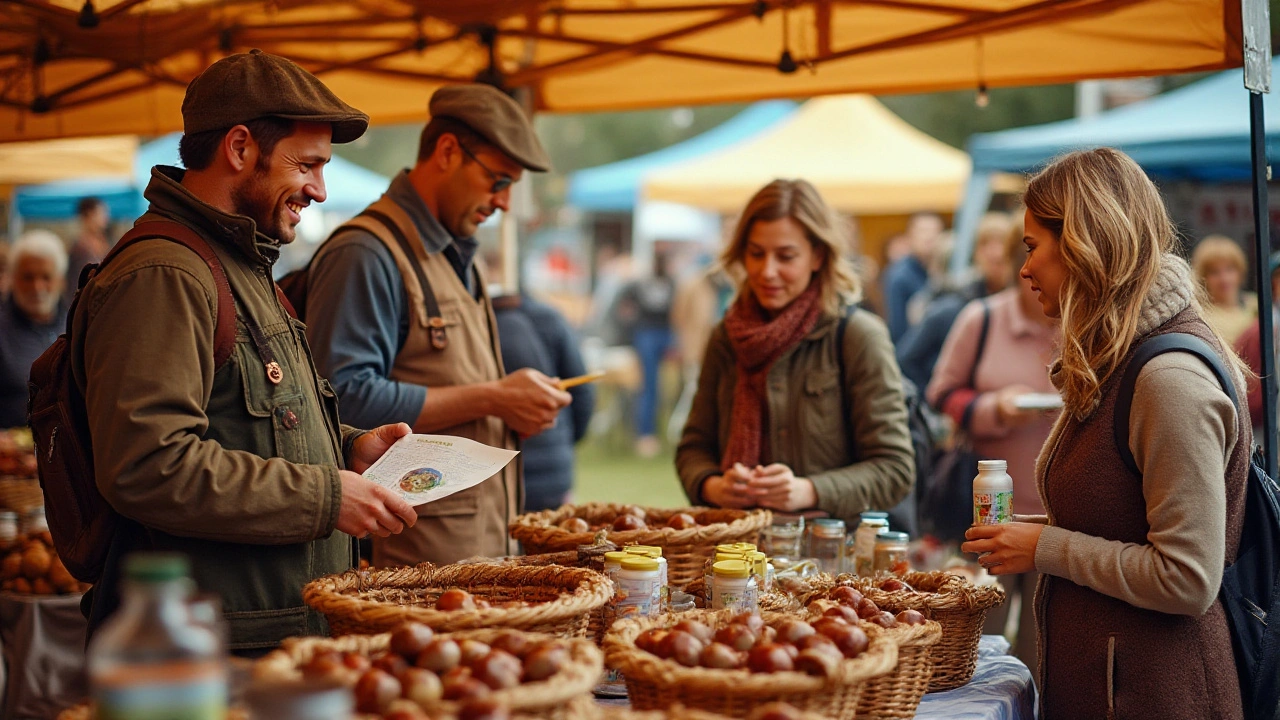American Chestnut Supplements: Uses, Safety, and Smart Buying Tips
Heard about American chestnut supplements and wondered if they actually work? Good question. The name gets used a lot, but products on shelves usually come from different chestnut species, and that mix-up changes what you might expect from the supplement.
First, know the difference. The true American chestnut (Castanea dentata) is a native tree made rare by blight and rarely used in mass supplements. More common on the market are horse chestnut (Aesculus hippocastanum) and Asian chestnut (Castanea mollissima). Horse chestnut seed extract is the one with the most clinical support—especially for vein health—because it contains a compound called aescin. Chinese chestnut and other Castanea species are marketed more for antioxidant or respiratory support, but human data are limited.
What people use chestnut supplements for
Claims vary by species. Horse chestnut extract has evidence for helping chronic venous insufficiency, reducing leg swelling, and easing heaviness in the legs. Other chestnut types are sold for general antioxidant support, mild inflammation, or cough relief, but strong clinical trials are scarce. If your goal is better circulation or less leg swelling, look for standardized horse chestnut extract with a labeled aescin amount.
Safety matters. Raw horse chestnut seeds, leaves, and bark are toxic; only standardized, processed extracts are considered for use. Side effects can include stomach upset, headache, dizziness, or skin irritation. Horse chestnut can interact with blood thinners and diabetes meds, and it may lower blood pressure. If you’re pregnant, breastfeeding, or on prescribed medication, check with a healthcare pro before trying any chestnut product.
How to pick a good product
Start by reading the label. It should list the botanical name (Aesculus hippocastanum for horse chestnut or Castanea species for other chestnuts). For horse chestnut, choose products standardized to aescin (usually 16–20% is common). Prefer supplements that show third-party testing (USP, NSF, or an independent lab) and avoid vague terms like “chestnut blend” without species details.
Be conscious of sustainability and sourcing. True American chestnut is rare; wild harvesting can harm local recovery efforts. If you specifically want Castanea dentata for research reasons, contact trusted herbal suppliers or academic programs rather than buying random online products.
Practical tip: start with a low dose that matches the product label and monitor how you feel for a week or two. If you notice unusual symptoms, stop and talk to your provider. In short, horse chestnut has a clearer role for vein issues, while other chestnut supplements offer limited clinical proof. Read labels, check for standardization and testing, and ask a clinician if you have health conditions or take medications.

